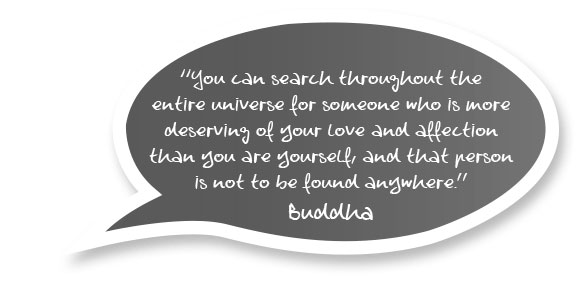
Self-compassion
Take Care! It’s interesting how often we now say this to each other as we leave. But what is taking care of yourself, is it just staying away from Covid-19 or does it run deeper? What exactly is self-care?
There’s a whole stack of research that shows the most important component of self-care is self-compassion. You might have thought that it was actually self-esteem and that self-compassion sounds like something that is soft and self-indulgent.
But think again. Anything that raises self-esteem is usually thought to be good. But self-esteem has some serious drawbacks. Too often, efforts to boost self esteem lead to a one-up position: a comparison with others where you are encouraged to think of yourself as better than others; better than the average person.
Of course, we can’t all be better than average! Secondly, too many self-esteem programmes seem to exist in a world of limitless positive thinking, where accepting vulnerability and personal flaws have no place. They implore us to adopt an anything’s possible mindset and tell us that we are all wonderful, gifted and special.
Small wonder then that the fastest growing personality disorder in the West is narcissism!
So what’s self-compassion? Think of how you treat the people you really love and care for. Now think of a really bad day at work; one where you have screwed up and there have been consequences. How did you treat yourself when this happened? Probably, not as well as you might treat anyone else! Researchers in the field of self-compassion like Kristin Neff see self-compassion as having three components:
-
Firstly, talking to yourself gently and with respect. You face up to your errors but you do this with openness and acceptance of your imperfections. You might liken this to self-parenting in which your internal working model of a parent is nurturing and supportive rather than harsh and critical. If you are kind to yourself you don’t activate your body’s defences, you don’t flood your system with adrenalin and cortisol and in the long term you are much less likely to become depressed.
-
Secondly, not looking for the difference between you and others but in accepting the commonalities of the human condition. We all make mistakes. It’s human. In no way does this imply that you couldn’t do better or that someone else shouldn’t be your role model by the way.
-
Thirdly, mindfulness. Thoughts are just thoughts and just like feelings, they come and go. To be mindful in the words of mindfulness expert Ed Halliwell is to practice ABC – awareness of your feelings; being prepared to sit with them and the capacity to effect choice over what you elect to do. If you are mindful, you don’t run your life on autopilot!
Next time things go wrong at work, instead of subjecting yourself to a tirade of abuse, try some genuine self-compassion. Just as you would ask a friend, who is distressed and suffering what you can do to help them; ask the same question of yourself. You might be surprised at the results!


Start The Discussion